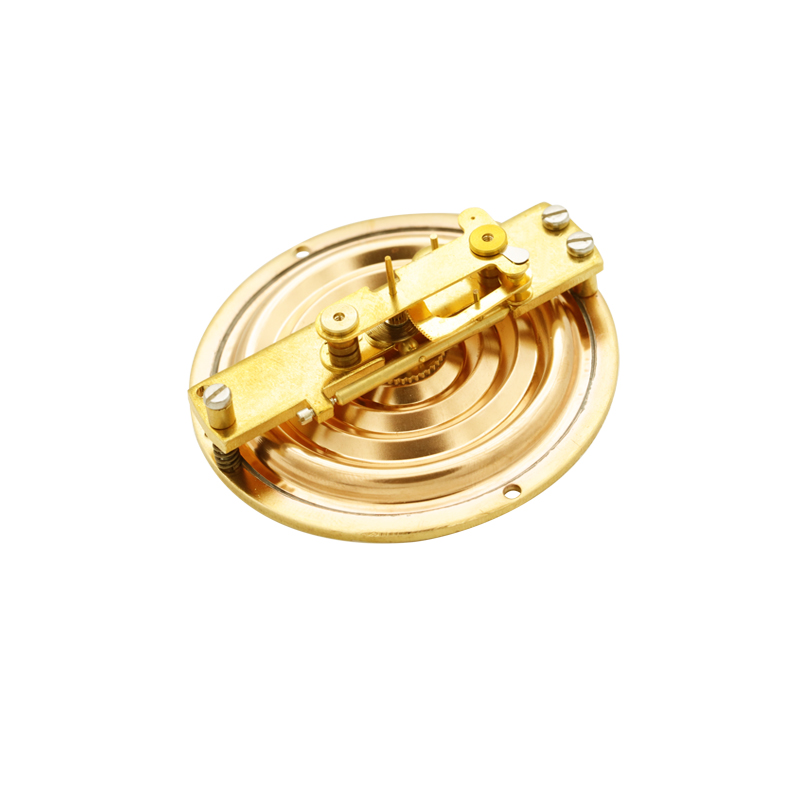
Oct . 31, 2024 19:46 Back to list
Understanding Water Differential Pressure Gauges for Accurate Measurement and Monitoring
Understanding Differential Pressure Gauges in Water Systems
Differential pressure gauges are essential instruments in various industrial applications, particularly in water systems. These devices measure the difference in pressure between two points in a system, providing critical insights that help in maintaining optimal operational efficiency. This article explores the function, applications, and significance of differential pressure gauges in water-related environments.
At its core, a differential pressure gauge operates by comparing the pressure of a fluid at two distinct points. In water systems, these points could be upstream and downstream of a filter, pump, or valve. The gauge displays the pressure difference, which is crucial for assessing the performance and efficiency of the system. For instance, increased differential pressure across a filter indicates that it may be clogged and needs maintenance, preventing potential system failures.
One of the primary applications of differential pressure gauges in water systems is in monitoring filtration processes. Water treatment facilities, for example, utilize these gauges to ensure that filters function effectively. By continuously monitoring the pressure drop across the filters, operators can make informed decisions about when to clean or replace them, thus maintaining water quality and system efficiency.
differential pressure gauge water

In addition to filtration, differential pressure gauges are instrumental in pump performance monitoring. By measuring the pressure difference between the inlet and outlet of a pump, operators can gauge whether the pump is operating within its optimal range. A significant drop in differential pressure may indicate wear or malfunction, prompting timely maintenance interventions that can save costs and prevent downtime.
Another key application is in HVAC systems, where water is often used as a cooling or heating medium. Differential pressure gauges help in balancing water flow across various zones, ensuring consistent temperature distribution throughout the system. This not only enhances comfort but also improves energy efficiency by reducing unnecessary energy consumption.
The significance of differential pressure gauges extends beyond operational efficiency; they also play a vital role in safety. By monitoring pressure differences, these gauges can detect anomalies that could lead to leaks or ruptures, triggering alarms or automated responses to prevent accidental incidents.
In conclusion, differential pressure gauges are indispensable tools in water systems. They provide crucial data for monitoring filtration processes, pump performance, and overall system health. By ensuring optimal performance and enhancing safety, these gauges contribute significantly to the reliability and efficiency of water infrastructure, making them vital assets in both industrial and municipal applications. As technology advances, the role of differential pressure gauges will only become more important in managing our water resources sustainably.
-
High-Precision Mass Diaphragm Pressure Gauge - Reliable & Durable Solutions
NewsJun.10,2025
-
Explain Diaphragm Pressure Gauge Expert Guide, Top Manufacturers & Quotes
NewsJun.10,2025
-
Affordable Differential Pressure Gauge Prices in China Top Manufacturers
NewsJun.10,2025
-
Reliable Water Fire Extinguisher Pressure Gauges for Safety
NewsJun.10,2025
-
Durable Diaphragm Protection Pressure Gauges Get Quote
NewsJun.09,2025
-
WIKA Differential Pressure Gauge with Switch Reliable Monitoring & Control
NewsJun.09,2025
